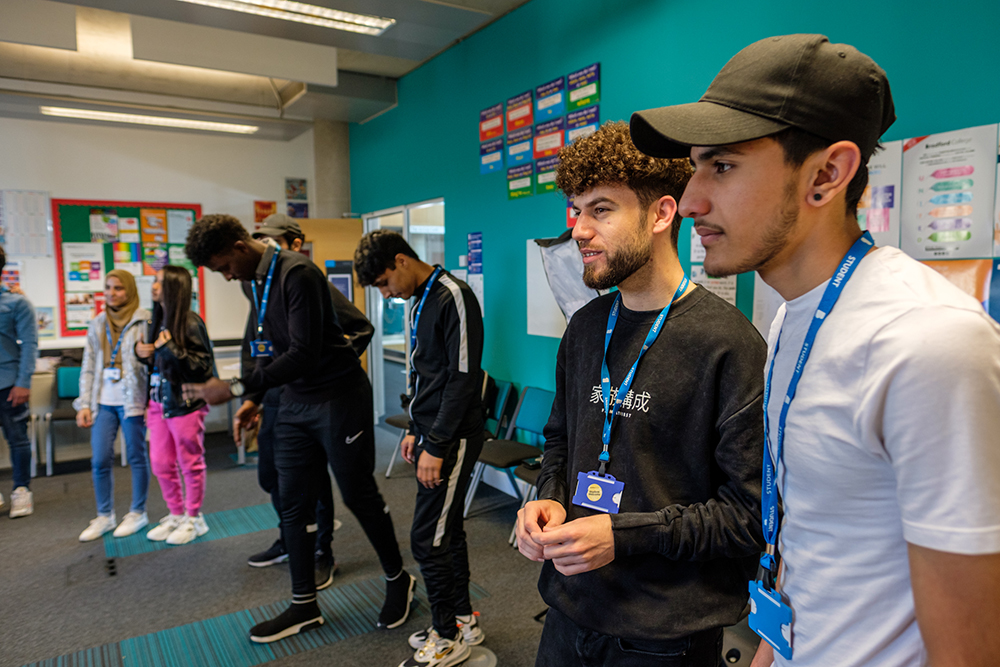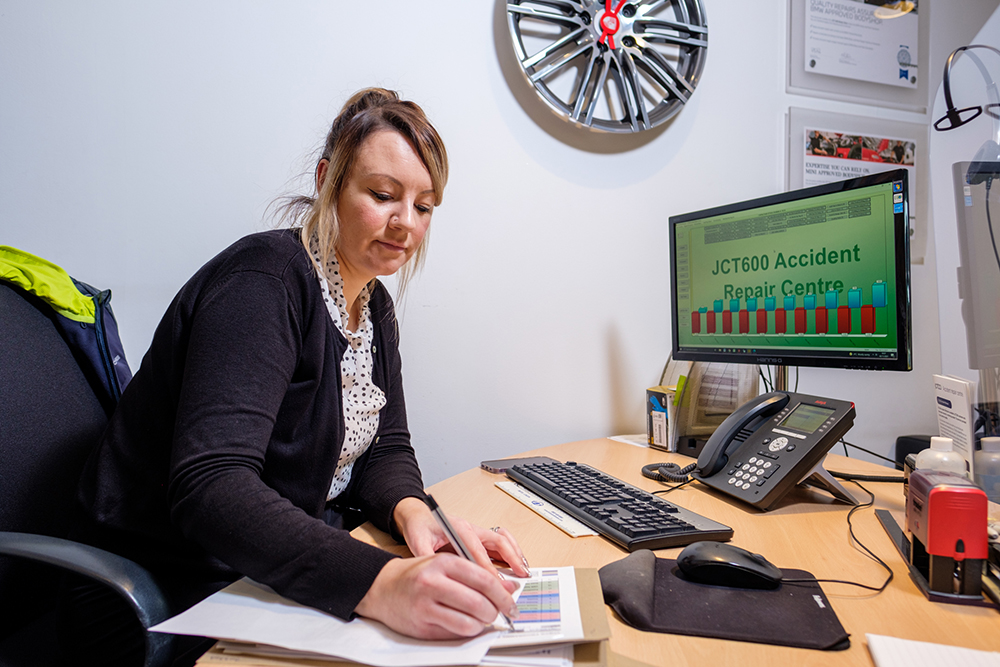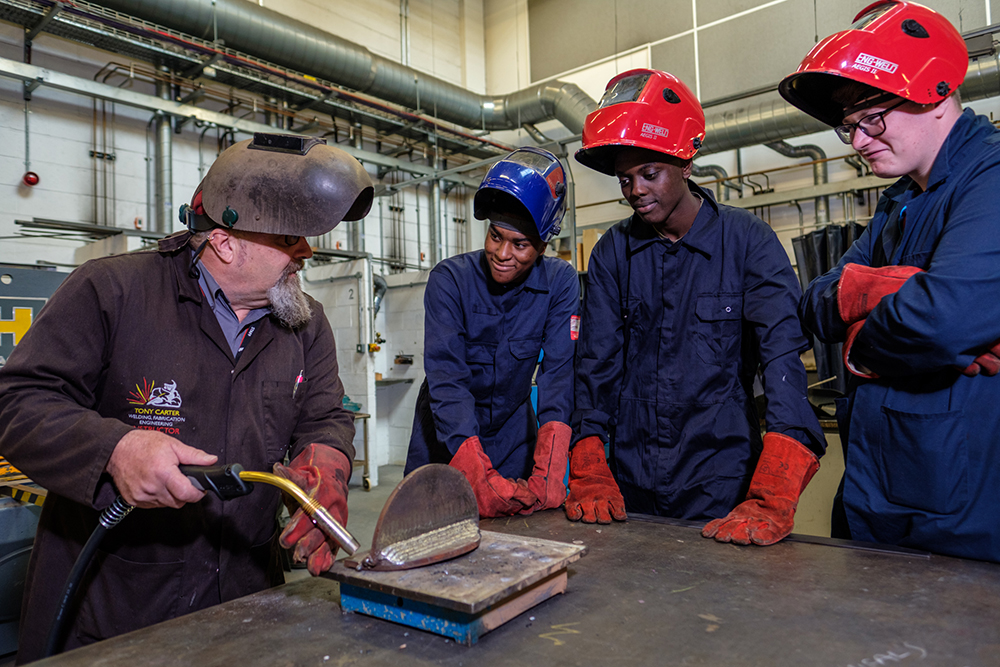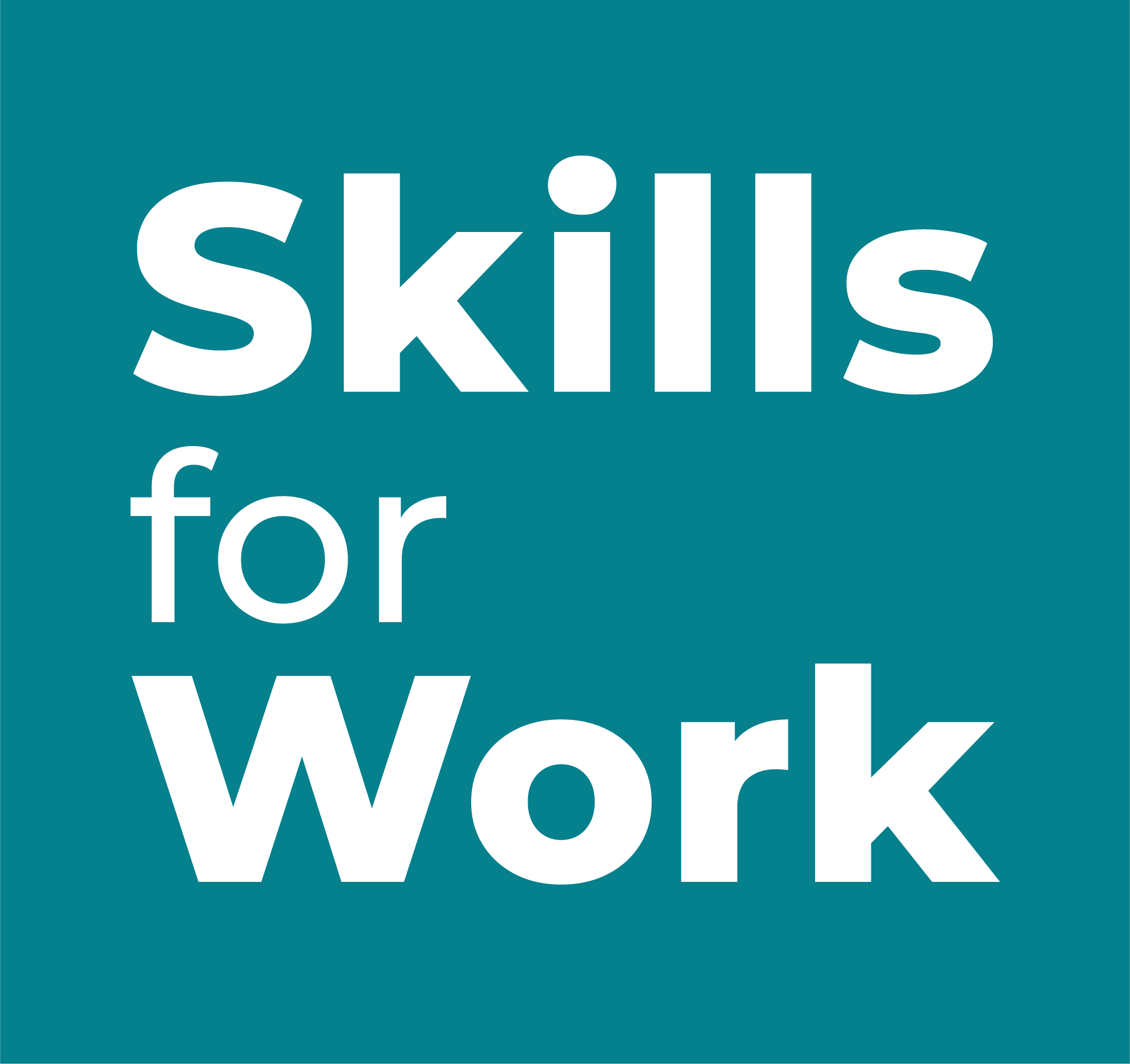
Options over 18. What comes next?
As an adult, you have lots of choices about what you can do with your life, and one of the main ones to make is what to do when you finish compulsory education. There are three main options generally open to you:
- University. This might be an option, depending upon your further education results
- Full Time Employment. Maybe you don't want to do any more studying (at least for now - you may decide to study again later on) and so you want to look for a job
- Apprenticeship. A great choice if you'd like to start work but are keen to keep learning at the same time
You may even want to take some time out to decide on your next steps, but it's important to plan how you're going to fill your time and how you can make yourself attractive to future employers or educators. It's important to also consider what you'll do for money.
Find more information below, and remember, our staff are always here to help and support you to make decisions and find your path to the future.

Higher Education
Higher education is the term used to describe any course which is beyond level 3. Lasting for three or four years, courses usually lead to a degree, which can be a pre-requisite for many jobs. Depending upon the subject studied, you may have the chance to do a year's work placement, or study abroad at a partner university.
If you have been studying A levels or another course which gives UCAS points (such as a BTEC or T-level), you may decide that higher education is for you. However, the choice of course and college/university can be quite overwhelming so it's good to keep in mind that there is lots of help out there.
If you want to stay local, the University of Bradford offers really good quality teaching and courses - find out more at bradford.ac.uk
For information on other courses and universities around the country, UCAS is the first place to look. Not only does it list courses, it also holds lots of information to help you to make decisions, details of different career pathways, subjects and even a career quiz to help you find jobs suited to your personality.
Once you have found a course you're interested in, check out the university's own page for more details. It's also a good idea to attend open days which give you a feel for what the university is like for students. You'll usually be able to visit some accommodation, see lecture theatres and social spaces, and often meet staff and current students. These are all advertised on the Open Days website.
Finally, remember, we have lots of advisers who can help you make the best decisions, so get in touch and make the first step on your HE journey.

Employment
Higher education isn't right for everyone, and lots of people at 18 decide they'd prefer to start a job and get all the benefits employment brings - a regular income, independence, learning new skills and a sense of achievement amongst others.
However if you're looking for work, it's sometimes difficult to know your first steps. A good place to start is our own vacancy page here. We regularly post new jobs local to Bradford and the District, so have a look to see if there's anything that interests you.
There are also lots of other websites which you can use, such as Indeed and Monster - on these you can set up alerts so you'll find out when jobs you're interested in are posted. Search for 'jobs' and you'll have a choice of sites.
Remember, our advisers can help you with the whole job application process, from finding the right vacancy, to applying and getting interview-ready. Get in touch with us to get started - visit the Contact page. We can help you to write a CV

Apprenticeships
An apprenticeship is a real job where you learn, gain experience and get paid. By the end of an apprenticeship, you'll have the right skills and knowledge needed for your chosen career. Not just for younger people, you can do an apprenticeship at any age.
As an apprentice you’ll:
- learn and train for a specific job
- get paid and receive holiday leave
- get hands-on experience in a real job
- study for at least 20% of your working hours - usually at a college, university or with a training provider
- complete assessments during and at the end of your apprenticeship
- be on a career path with lots of future potential
Depending on the level, some apprenticeships may:
- require previous qualifications such as an English or maths GCSE
- give extra training in the English or maths skills needed so you’re at the right level
For more information, go to Apprenticeships


